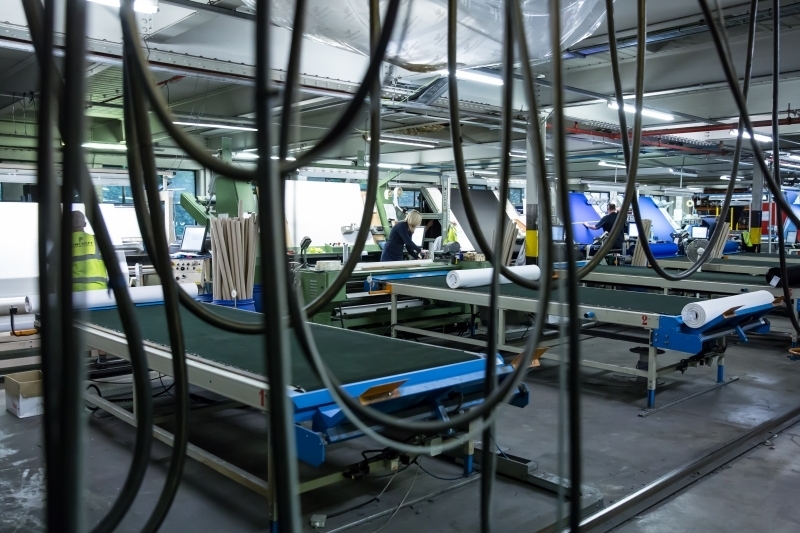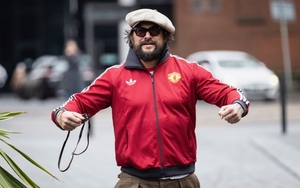Jonathan Schofield on a North West face snood about to go into mass production
You need persistence to be an inventor.
Mancunian Paul Hope has that in bucketfuls. The ex-Army man realised after the SARS pandemic over a decade ago that he could make a contribution to easing what he saw as an inevitable recurrence of a global danger.
Despite successes in engineering, the fact he had no real experience of working in public health didn't worry him. He thought he saw a way to alleviating future situations which might include an engineering element within their design. He needed to engineer a new type of facemask.
The masks not only render the enemy virus inert but they can be washed and reused
“It was clear that pandemics would, not could, happen again,” Hope says. “I saw a big problem with the contemporary designs of masks, which had severe shortcomings. So throughout the last few years I’ve been working with colleagues to develop a more effective design.”
That's important. This isn't a knee-jerk reaction but rather part of a long hard process of careful research. The result is that Hope and his company Virustatic have developed a type of 'intelligent facemask.' This should help prevent the transmission of pandemics.
They've found the most efficient design has essentially the shape and feel of a snood, although it still resembles and works like a mask. This shape gives more complete protection.
Hope explains: "The current surgical masks that we see people wearing are ineffective because pathogens and viruses can get around the sides, and even through the fabric itself, allowing 30-60% of pathogens to pass into the respiratory tract. Our masks trap the virus within the surface of the fabric and covers the whole of the mouth so contagions cannot get around the sides. They are even effective when damp.”

Virustatic’s smart masks are designed to trap the virus. The infection gets caught between the layers of the mask where proteins, mimicking the way our own respiratory tract defends itself, attach themselves to the virus and disable it. The masks have up to 98% efficacy at trapping viruses.
So the masks not only render the enemy virus inert but they can be washed and reused. This latter element is another huge benefit, as is the fact of its potential as a fashionable yet more effective way to prevent the spread of the virus. This may make the mask more acceptable to wear amongst a UK population seemingly reluctant to follow in the footsteps of South East Asian populations.
The snoods are currently in production with a possible roll-out date of over a million a week. The invention is Mancunian whereas the manufacture will be undertaken by Carrington Textiles at their Pincroft facility at Adlington, Chorley.
This keeps it all nicely in the North West.

Pincroft’s managing director, Mike Collins, says: “We are very proud and excited to be part of this innovative project given the necessity for protection in days where the fight against coronavirus becomes part of everyone’s lives.
“Our production capacity is currently running as normal and Pincroft are able to manufacture millions of these snoods in the hope that they help protect lives by making them available to care staff, patients and the general public.”
The North West has always been a world centre of innovation as Confidential likes to highlight. Let’s hope Paul Hope’s persistence and determination to take an idea from a kitchen table 'light bulb' moment through the highest levels of academic rigour and into general production can help in this war against coronavirus.
THE SNOODS/FACEMASKS ARE FOR SALE NOW AT www.virustaticshield.com The price is £20.











